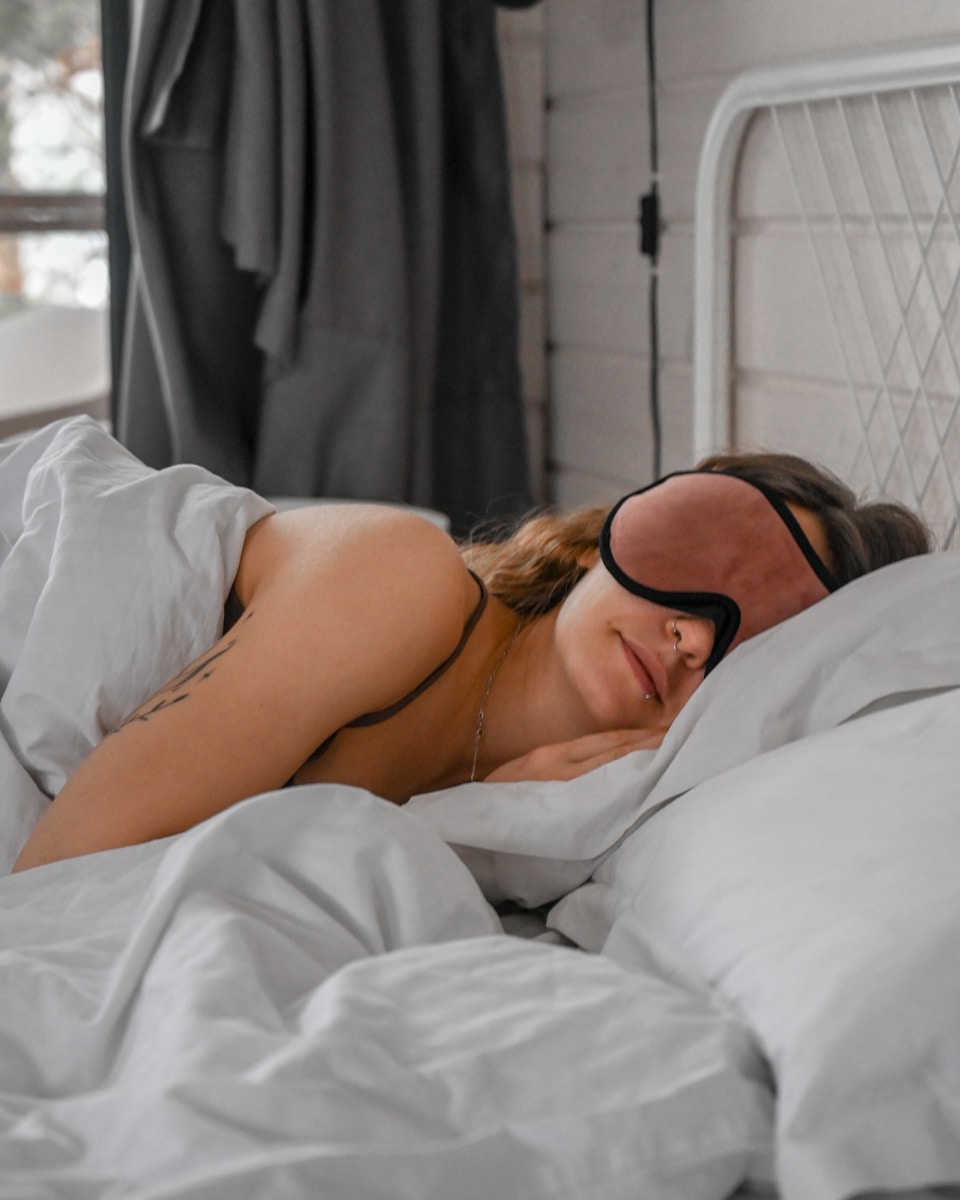Becoming a light sleeper may seem challenging, especially if you’re used to deep, uninterrupted sleep. However, if you want to become more aware of your surroundings or respond more easily to noises (whether it’s for safety or personal preference), you can train your body and adjust your environment to help you sleep more lightly. Here’s how to become a light sleeper:
1. Adjust Your Sleep Environment
Your sleeping environment plays a big role in how deeply you sleep. Making a few changes can help you become more attuned to what’s happening around you.
Control Noise Levels:
- White Noise: Use a white noise machine or an app to create a consistent sound that can mask sudden noises. Over time, your body may become more attuned to subtle changes in sound.
- Sleep in a Quieter Room: If you live in a noisy area, try to minimize sounds that could disrupt your sleep. Heavy curtains or noise-canceling earplugs can help, but the goal is to gradually get used to waking up to smaller sounds.
Light and Temperature:
- Gradual Light Exposure: Your body is conditioned to wake up with light, so if you sleep in a very dark room, you may sleep deeply. Gradually introduce more light (like a soft nightlight or an alarm clock with light) to help you become more sensitive to light changes.
- Adjust Room Temperature: A room that’s too cold or hot might help you fall into deep sleep, but making small adjustments to a cooler or warmer room could help you wake more easily.
2. Practice Waking Up Naturally
If you’re trying to wake up easily and be more sensitive to your surroundings, practice waking up without an alarm. Your body’s natural circadian rhythm plays a big role in how deeply you sleep.
- Go to Bed Consistently: Try to go to bed and wake up at the same time every day to regulate your sleep cycle. This routine helps your body become more aware of its natural sleep patterns, and you may find it easier to wake up to lighter sounds.
- Use a Gentle Alarm: Gradually train your body to wake up to lighter stimuli by using a gentle alarm, like a sound that gradually increases in volume or a light-based alarm.
3. Train Your Sensitivity to Noises
To become a light sleeper, you need to train yourself to be more sensitive to noises in your environment. Here’s how to do that:
- Wake Up to Different Sounds: Start setting your alarm for different times of the day. This will help your body become more accustomed to waking up when it hears any sound, not just an alarm.
- Expose Yourself to Subtle Sounds: Try to sleep with a clock ticking or a gentle fan running. These subtle noises can help you become more aware of your surroundings, making it easier to wake up to louder noises when needed.
4. Modify Your Sleep Cycle
Deep sleep and light sleep are stages your body goes through during a typical night. To encourage lighter sleep:
- Limit Naps: Napping too long during the day may cause you to enter deeper stages of sleep at night, making it harder to become a light sleeper. Try to limit naps to 20-30 minutes.
- Avoid Heavy Meals or Caffeine: Eating heavy meals, drinking caffeine, or consuming alcohol too close to bedtime can make you fall into deep sleep faster, so it’s best to avoid these before sleeping.
5. Practice Relaxation Techniques
Light sleep may require being more aware of your body and mind, so practicing relaxation techniques can help you tune into your sleep stages:
- Mindfulness or Meditation: Practicing mindfulness meditation before bed can help you become more aware of your thoughts and surroundings, which could make you more sensitive to sounds and stimuli during sleep.
- Progressive Muscle Relaxation (PMR): This technique involves tensing and relaxing different muscle groups in your body. It can help you relax but may also increase your awareness of your body and environment.
6. Reduce Sleep Debt
If you’re sleep-deprived, you’re more likely to fall into deep sleep, which makes waking up to smaller sounds harder. Try to ensure you get adequate sleep consistently:
- Regular Sleep Schedule: Aim for 7-9 hours of sleep each night. The more rested you are, the more likely you are to fall into lighter stages of sleep.
7. Adjust Your Mental State Before Bed
Sometimes, the state of your mind can influence how deeply you sleep. If you’re feeling overly relaxed or calm before sleep, you might fall into a deeper slumber. Here’s how to keep your mind more alert:
- Avoid Stress: High stress or anxiety can cause you to sleep too deeply. Practice relaxation techniques like deep breathing or journaling before bed to help calm your mind without fully relaxing it.
- Avoid Stimulants: While you want to avoid falling into too deep of a sleep, a mild stimulant like a small cup of tea or coffee in the afternoon could help prevent you from becoming too relaxed.
8. Gradual Exposure to Disruptions
Once you have a handle on making your sleep environment conducive to light sleep, expose yourself to mild disturbances while you sleep.
- Try Sleeping in a Slightly Noisy Environment: Experiment by sleeping with small distractions, such as a ticking clock, faint music, or ambient noise, and gradually increase the noise level. This practice will train your body to wake up more easily when there are noises.
Becoming a Light Sleeper Takes Time
Shifting from being a heavy sleeper to a light sleeper is a gradual process. It involves creating an environment that supports sensitivity to sounds, adjusting your mental state, and practicing mindfulness techniques. With patience and consistency, you can train yourself to become more aware of your surroundings while you sleep.
